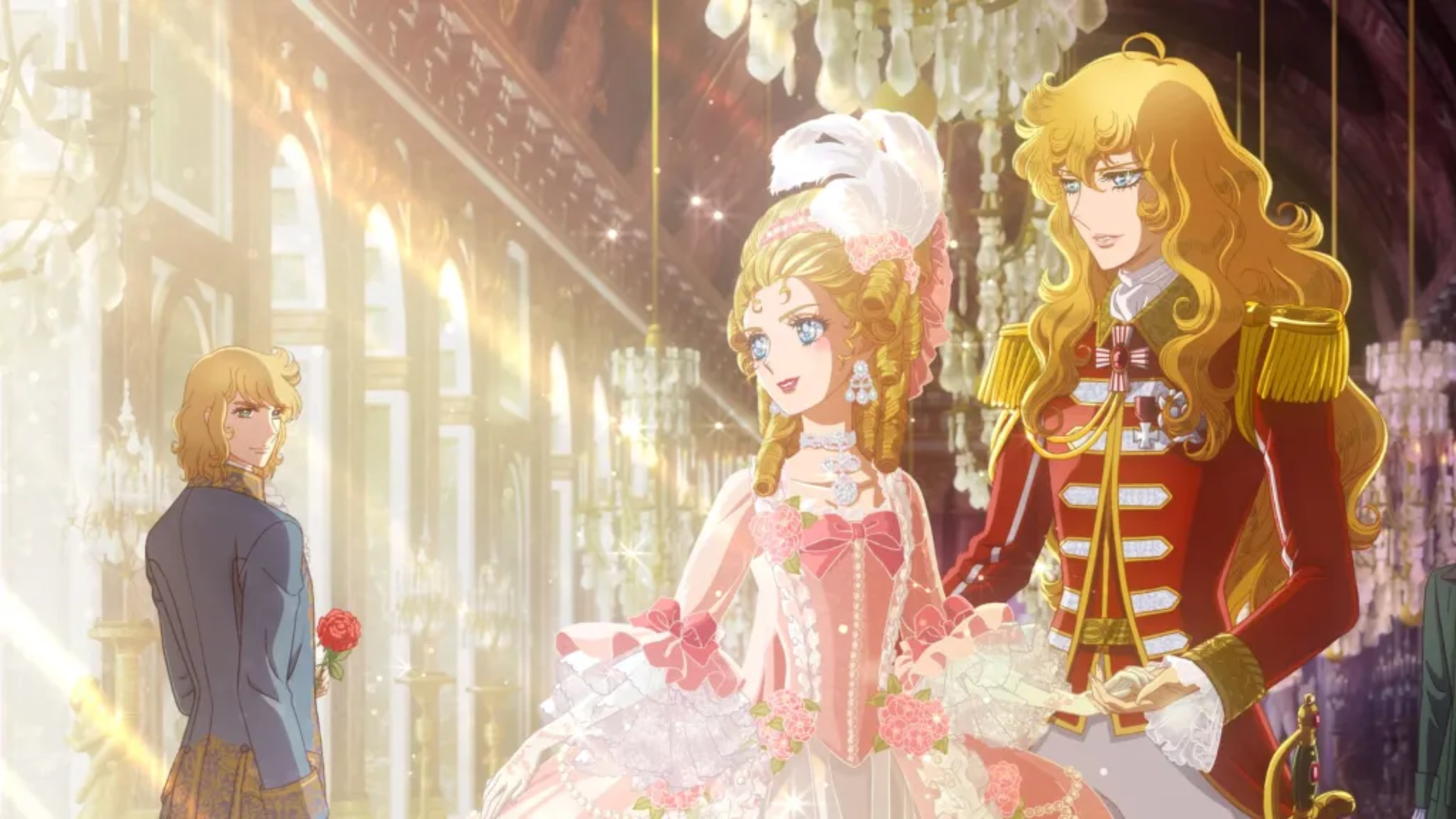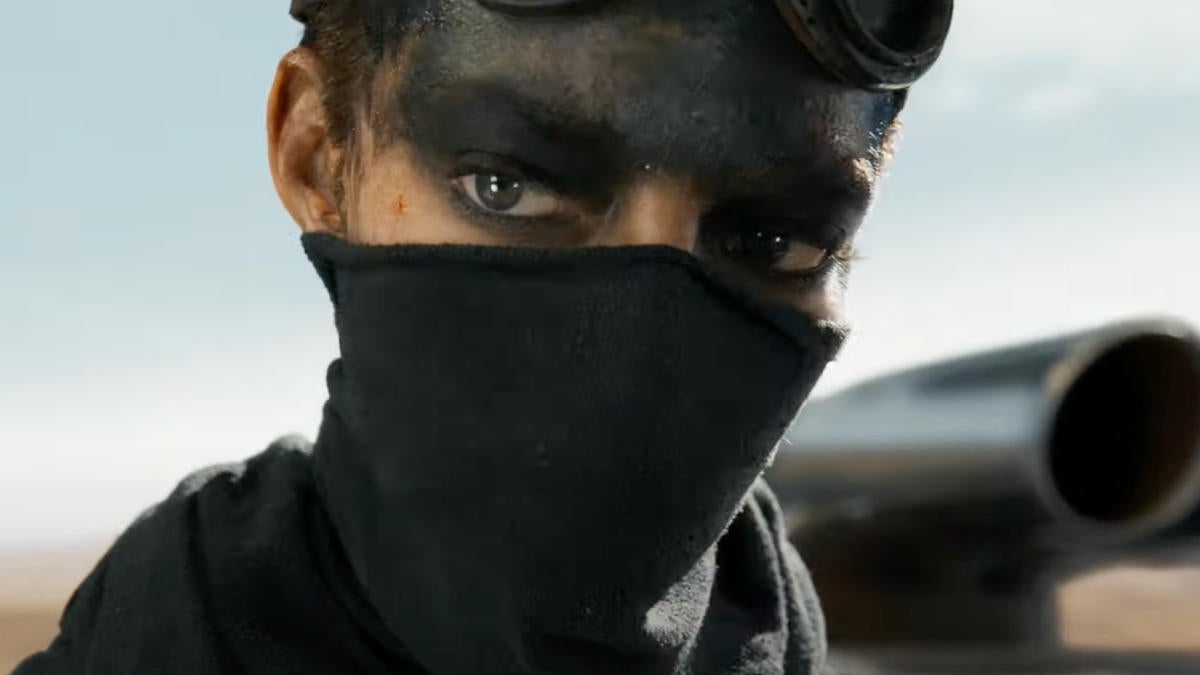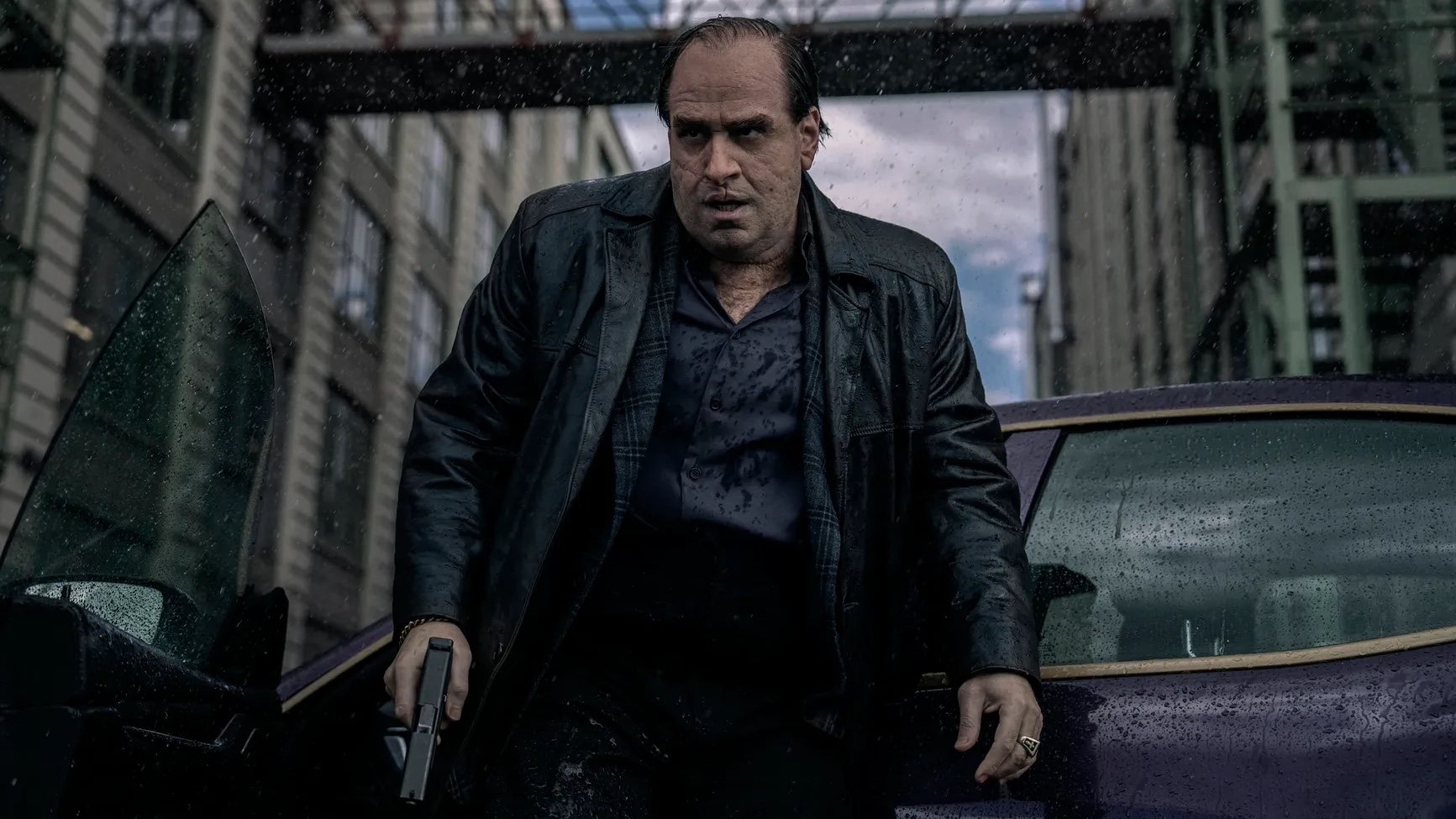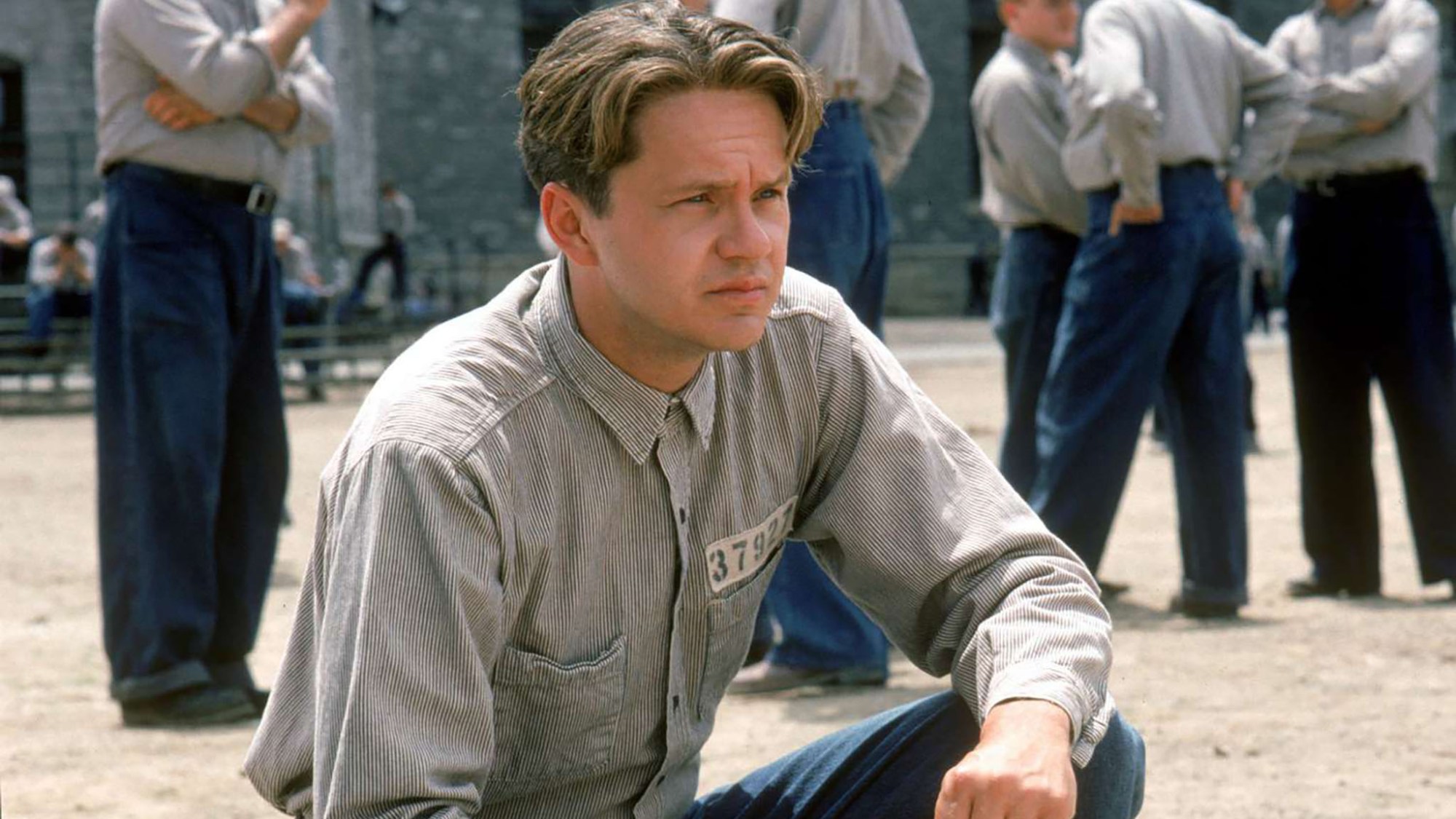Shojo is a demographic that’s often overlooked and misjudged by modern anime and manga fans, but to the trained eye, it’s clear that the storytelling and tropes unique to shojo continue to influence the industry on a grand scale. There are plenty of series within the demographic that succeed on this front, but none capture the historical relevance of shojo as much as The Rose of Versailles. Originally created by Riyoko Ikeda, the historical fiction series explores the life of Marie Antionette and Oscar François de Jarjayes in a tale of revolution, love, politics, and the exploration of one’s sexuality.
Videos by ComicBook.com
The classic series has been adapted to a number of different mediums since it released in 1973, and will soon be receiving a brand-new anime adaptation from studio MAPPA, who will be captring the original plot of the manga into a feature-length film. With a gorgeous art style that beautifully replicates Ikeda’s retro charm, the latest trailer for the film shows off just how dedicated MAPPA is to making The Rose of Versailles reboot as accurate to the original series as possible.
RELATED: A Classic Shojo Manga May Be Getting an Anime Soon

The Rose of Versailles’ Complex Political Drama Makes It a Shojo Staple
The Rose of Versailles is a complex and historically rooted series that takes place in France both before and during the French Revolution. The series mostly follows the many trials and tribulations of Mary Antionette, however, there is also a large spotlight place on Oscar, who acts as a military general and commander throughout the series. Interestingly, despite Marie Antionette being based on a very real historical figure, Oscar is fictional – and throughout the manga is used as a device to discuss complicated issues surrounding gender expression, identity, and sexuality. While shojo manga is sometimes stereotyped as being fluffy and lighthearted with no real depth, The Rose of Versailles is the perfect example of how wrong naysayers of the demographic often are. Much of the political drama in The Rose of Versailles comes from Oscar’s own personal realizations surrounding France and the way in which the nation is governed.
Coming from a complicated background themselves, Oscar begins to wisen up to the plights of those less fortunate, and how poorly the country has been governed throughout the story, Once arie Antionette begins her love affair with Axel von Fersen, everything seems to fall apart as the romantic fling permanently ravages Antionette’s reputation in France, leading the people to speculate how fit the young queen truly is to rule. Not to mention, once von Fersen leaves the country to aid America in their own revolutionary war, Antionette begins lavishly spending money on jewelry and clothing – spiraling the French into irreparable debts that fall to the general public. Public perception sours toward the queen, which sends the nation into a revolution. While The Rose of Versailles borrows heavily from and interprets real world history in a heavily stylized way, the series also manages to deliver powerful messages about the effects of love, politics, and even diving into gender and sexuality throughout its dense narrative.







